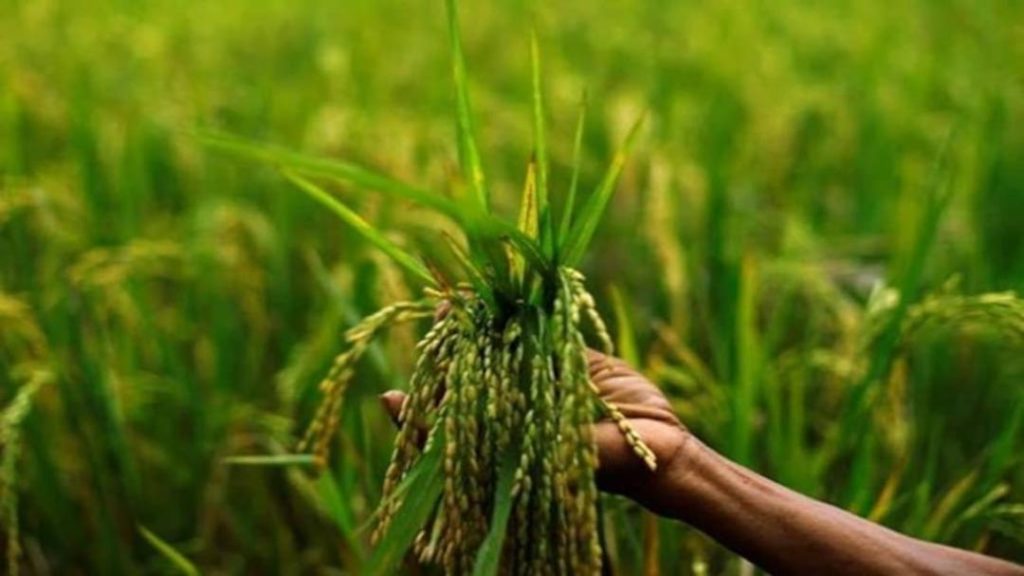
India Cutting Chenab’s Supply Will Increase Water Shortage & Impact Crops, Accepts Pakistan
The ongoing dispute between India and Pakistan over the Indus Waters Treaty has taken a new turn, with Pakistan’s Indus River System Authority (IRSA) accepting that India’s decision to cut the flow of the Chenab river will increase water shortages across the country. The IRSA has also warned that the move will have a significant impact on the upcoming kharif crops, which are already facing a shortage.
As per the Indus Waters Treaty, signed in 1960, India and Pakistan agreed to share the waters of the Indus River and its tributaries. However, tensions between the two nations have been escalating since India’s decision to suspend the treaty in August 2020.
In a recent statement, the IRSA claimed that India’s move to reduce the flow of the Chenab river will lead to a significant increase in water shortages across Pakistan. The authority stated that the country is already facing a shortage of 21% in the early kharif season, and this reduction in water supply will only exacerbate the situation.
The IRSA also warned that the late kharif season is expected to face a water shortage of 7%. This is particularly concerning, as the kharif season is a crucial period for agriculture in Pakistan, and any disruption to the water supply can have devastating consequences for the country’s food security.
Pakistan’s agriculture sector is already reeling from the effects of climate change, which has led to unpredictable rainfall patterns and droughts. The reduction in water supply will only add to the challenges faced by farmers, who are struggling to maintain crop yields and ensure food security.
The IRSA’s statement is a stark reminder of the consequences of India’s decision to suspend the Indus Waters Treaty. The treaty was signed to ensure peaceful and equitable sharing of the Indus River and its tributaries, and its suspension has sent shockwaves across the region.
Pakistan’s water resources are already under immense pressure, with the country facing a growing water crisis. The Indus River, which is the lifeblood of Pakistan’s agriculture sector, is a vital source of water for the country’s crops. Any disruption to the river’s flow can have devastating consequences for the country’s food security and economy.
The IRSA’s warning comes at a time when Pakistan is already facing a severe water crisis. The country’s water tables are declining at an alarming rate, and the country is struggling to meet its water needs. The reduction in water supply from the Chenab river will only exacerbate the situation, leading to widespread shortages and disruptions to agriculture and industry.
It is imperative that India and Pakistan engage in urgent dialogue to resolve their differences over the Indus Waters Treaty. The treaty is a vital mechanism for ensuring peaceful and equitable sharing of the Indus River and its tributaries, and its suspension has sent shockwaves across the region.
Pakistan’s agriculture sector is already reeling from the effects of climate change, and the reduction in water supply will only add to the challenges faced by farmers. It is essential that India and Pakistan work together to find a solution that ensures the equitable sharing of the Indus River and its tributaries.
In conclusion, India’s decision to cut the flow of the Chenab river will increase water shortages across Pakistan, impacting crops and agriculture. The IRSA’s warning is a stark reminder of the consequences of India’s decision to suspend the Indus Waters Treaty. It is imperative that India and Pakistan engage in urgent dialogue to resolve their differences and find a solution that ensures the peaceful and equitable sharing of the Indus River and its tributaries.






